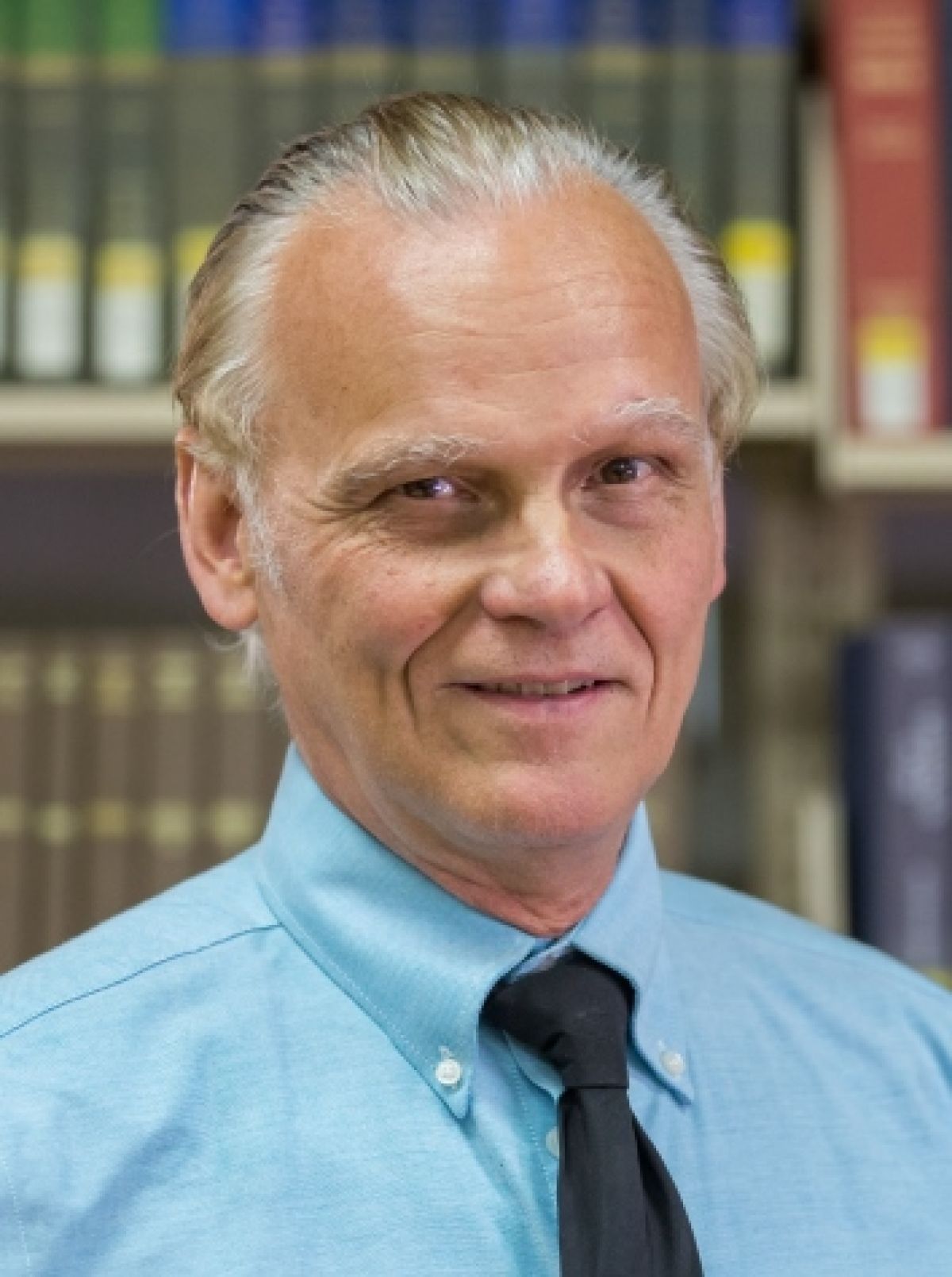21st Century Ways of Being Religious

Dr. Ronald Brown, adjunct professor in World Religions at Unification Theological Seminary (UTS) and assistant professor of History and Political Science at Touro College, presented a well-received paper titled: “The Technology Empowered Cleric and the End of Traditional Religions” at the recent 2018 New England & Canadian Maritimes Regional Meeting of the American Academy of Religion (AAR) on Saturday, April 7, 2018. A graduate of Gannon University, Erie, Pa., The Hebrew University of Jerusalem, Harvard Divinity School, and The University of Geneva, Switzerland, Dr. Brown analyzed the emerging group of clerics who have mastered the latest in modern technology to become virtual Super-Empowered Clerics. Dr. Brown was inspired by Thomas Friedman’s 2002 book, Longitudes and Attitudes: Exploring the World After September 11, that analyzed the rise of Super-Empowered individuals such as Osama bin Laden, Mark Zuckerberg, Edward Snowden, and George Soros who have amassed social, intellectual, economic, and political powers that rival those of traditional presidents, kings, and dictators.
Dr. Brown applied Friedman’s thesis to the world of religions and found that technologically Super-Empowered clerics such as Osama bin Laden, Billy Graham, Menachem Schneerson, Rajneesh, The Dalai Lama, EdirMacedo, and ZakirNaik. These and other clerics have eclipsed the established popes, chief rabbis, bishops, and abbots and are taking world religions into places “where no man has gone before,” to quote the introduction of Star Trek.
In his paper Dr. Brown argued that the prevailing characteristics of 21st Century religions will be the following.
- The religions of the future will be future-oriented where theologies, rituals, sacred books, past experiences, and holy individuals will be of importance to the extent that they contribute to the construction of a future heaven on earth.
- The religions of the future will be transient. Just as religious super-empowered individuals emerge, flower, and disappear, so the movements they found will not be permanent. Today individuals easily pass from denomination to movement with great ease and abandon their latest Smartphone for the latest model, so followers will not expect their movement to endure centuries, if even decades.
- The religions of the future will be global. Even today’s most obscure local religious community has no choice but to become global. Mass communications, the Internet, cheap air travel, and the global migrations of millions, have made every religious movement global.
- The religions of the future will deify the individual. As humans merge with machines, humans are steadily claiming attributes that have been traditionally reserved for the gods. From hip replacements to pacemakers, and brain implants to brain-computer interfacing, humans are rapidly achieving immortality and omniscience.
- The religions of the future will be heavily politicized. The “Wall of Separation” between church and state is falling, Super-Empowered clerics have not only amassed great economic, political, religious, and cultural powers but have eclipsed the rulers and powers of many countries. As Samuel P. Huntington argues in The Clash of Civilizations and the Remaking of World Order(1996), the 21st will be a century of bloody conflict between religion-based civilizations. Super-Empowered clerics will aspire to super-power.
Dr. Brown plans to present a more detailed summary of his presentation in Applied Unificationism and eventually an article in the Journal of Unification Studies (JUS).
Dr. Brown is himself part of the “technology empowered” community. He has taught Divine New York City, aUDemy course to support UTS’s position in the emerging 21st-century distance-learning educational landscape. The UTS Communications Team is exploring new ways to add value to its many stakeholders, to be relevant in the shifting patterns in US and global education.
Brown has lived in New York City (NYC) for twenty-six years and from 1992-2013 was a docent for the New York Historical Society. Though a regular speaker on the history of NYC at libraries and events through the greater NYC area, this is his first venture sharing his expertise about NYC in an online course.





